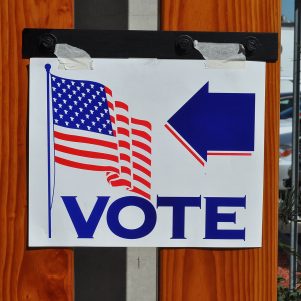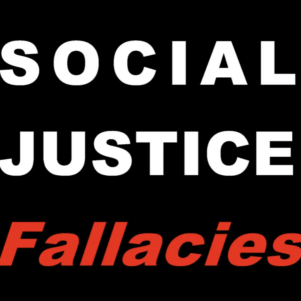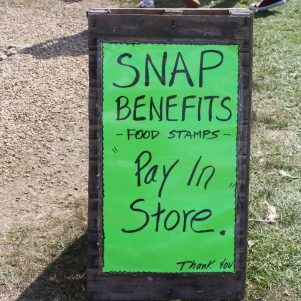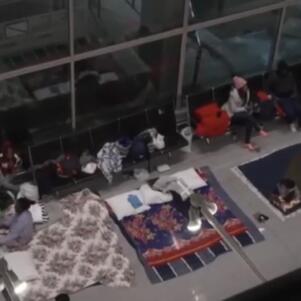Welfare state hurts Black Americans
By Jonathan Alexandre | December 22, 2015, 6:10 EST
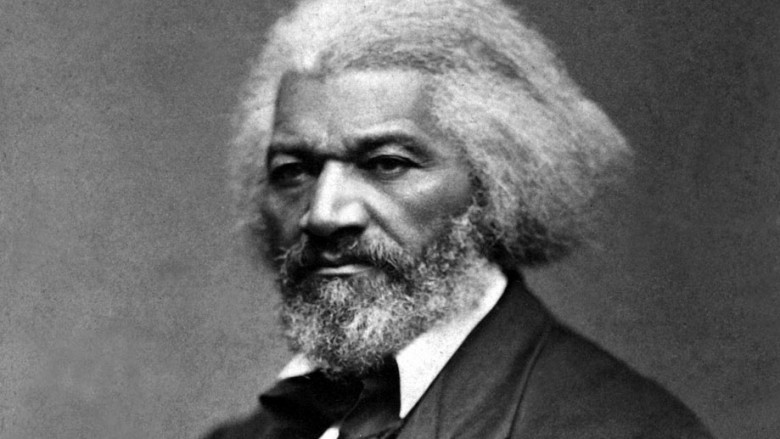 Frederick Douglass (Wikipedia)
Frederick Douglass (Wikipedia) The Obama era is nearly over. But Black Americans have not fared well under the administration of America’s first Black president.
Not only are 10 percent of blacks unemployed, but 27 percent are at or below the poverty rate.
These statistics compel the question: What has come of the hope that the vast majority of voting blacks placed in President Obama? Have they seen the “hope and change” they were promised come to fruition? The failure of this administration to measurably improve the lives of Black people is, of course, only the most recent episode in a long history of liberal policies that have failed the Black community.
This is not to say that conditions for American Blacks have not improved at all in the past few generations. Racial segregation is no longer a structured part of our society, and unlike 60 years ago, Black Americans now exercise the full and unfettered right to vote. Yet there remain today very real and measurable racial gaps in our society – gaps that remain entrenched after decades of government programs and trillions of dollars poured into Black communities with the stated intention of lifting up a population that has from this nation’s earliest days struggled against systemic discrimination.
It was 50 years ago that this nation first launched a “war” against poverty, using government programs in an effort to rectify the economic realities faced in Black American communities. It was nearly 20 years ago that another liberal program sought to “train” Blacks to lift their communities up by themselves. After 60 years of trial, error, and only negligible improvement, it is alarming that the Black community reflexively gravitate towards liberal candidates and their policies. In a simpler rendition of Einstein’s definition of insanity: “When you always do what you always did, you’ll always get what you always got.” And yet, we continue to do what we always did, because we’ve become accustomed to the results.
Although well-intentioned, most entitlement programs are based on an inherently flawed political philosophy, one that constrains Black development. The political philosophy is two-fold. First, welfare-based handouts are premised on soothing a nation’s guilt. They are an appeasement of sorts to make us all feel better about a history of systemic and generational oppression. Second, this system of government handouts is conducted with little accountability, and no real measurable end goals. In fact, the practical implications of government handouts have forced many Black Americans to settle for substandard living conditions and lower their expectations.
Indeed, the liberal attitude toward Black Americans has perpetuated their status as society’s lowest common denominator. Liberals have treated an entire community of people like they would treat a panhandler on Black Friday. Extra generosity is admirable, and while Black Americans’ basic needs are met by the government safety net, there is no added incentive to work, advance, and progress. This creates perpetual dependence on the government. And while a panhandler may prosper during the holiday season, he is no better off when the new year comes. In the case of the Black community, the damage inflicted by our welfare system is made even more insidious by creating an incentive for single mothers to remain single in order to continue to receive government aid. This perpetuates the problem of absentee fathers and helps ensure that poverty is generational. The well-intentioned “safety net” has become the permanent home of many Blacks, and this has enervated both individual and collective motivation. Necessity brings about innovation, and when one is in a position of need, it is through willpower and determination that he or she can move past that point and create for themself a better and more stable lifestyle. Handouts reverse that incentive.
All the way back in 1862 when Frederick Douglass addressed the issue of established and organized assistance in his Douglass’ Monthly, he assured his listeners that such assistance would ultimately be unsuccessful:
“Let him alone when it comes to his right of choice.”
“Don’t meddle with him, nor trouble yourselves with any questions as to what shall be done with him.”
“If you see him (working) leave him alone — he has the right to work.”
“Let us stand upon our own legs, work with our own hands, and eat bread in the sweat of our own brows.”
“Our duty is done better by not hindering than by helping our fellow men; or, in other words, the best way to help them is to just let them help themselves.”
For centuries, America has ignored Douglass’s request. Worse yet, these policies have become an afterthought, a balm used to soothe generational guilt. The Black man has become the project of redemption for guilty souls.
My criticism of this failed system derives from my personal experience. My father came to this country from Haiti owning two pairs of pants and two jackets, a story that he would recount to my brother and me whenever we show signs of laziness. He vowed never to take assistance from the government, but to work and earn every penny necessary to sustain his dream. He worked through school, achieved a graduate degree and two additional terminal doctoral degrees. His example of hard work compels, even commands my brother and me to live by Douglass’ principle and our father’s example “let us stand upon our own legs, work with our own hands … the best way to help (Black Americans) is to just let them help themselves.”
Jonathan Alexandre is Legal Counsel to the Massachusetts Family Institute. Read his past columns here.

